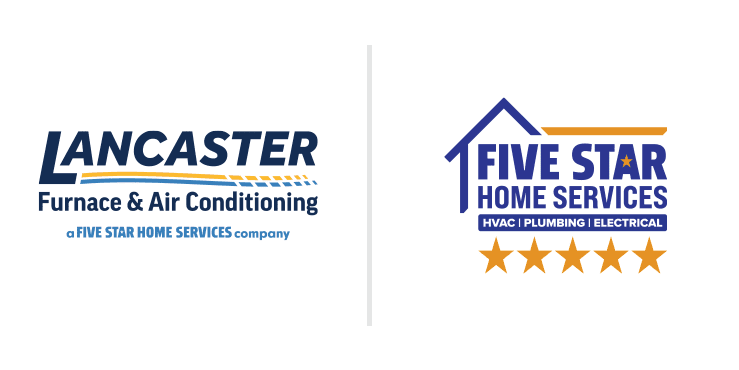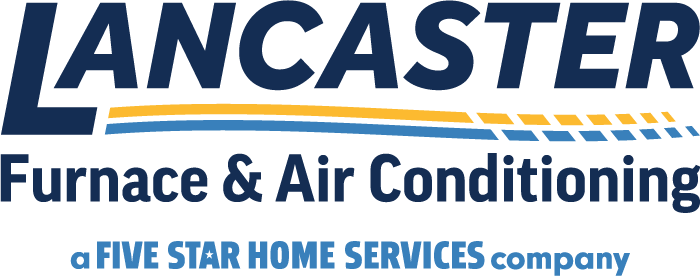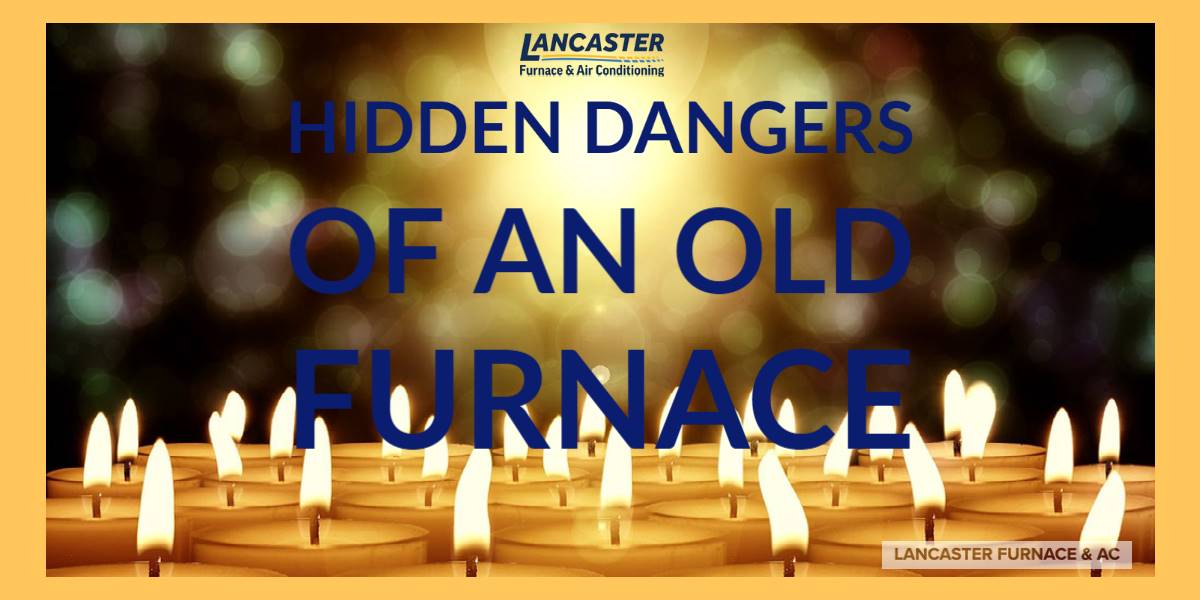Because most homeowners love saving money and most of us know how HVAC equipment is built to last, the temptation to continue using old heating equipment can seem like a good idea, even when it’s not.
There are many serious risks involved with using old equipment — some of which are compounded when it hasn’t been properly maintained over time.
To help you understand some of the more serious risks and the warning signs to keep an eye out for, our technicians at Lancaster Furnace & Air Conditioning put together the following:
Top 3 Dangers of Old Heating Equipment
Carbon Monoxide Poisoning
Although all heating systems should have some kind of fail-safe to prevent carbon monoxide from leaking, it’s not uncommon for the sensors on these mechanisms to break down as the equipment gets older, and this can put you and everyone else at risk. In addition to these major types of failures, which can cause carbon monoxide poisoning, older heating systems lose performance efficiency as time goes on. This can cause smaller levels of carbon monoxide to release from incomplete combustion. Although these lower levels may not trip your system’s sensors right away, health problems can arise over time as a result.
Fire Risks
Heating systems are designed to safely use combustion to produce heat, and most of them have some sort of fail-safe to prevent fires. Nonetheless, over time, a lot of these fail-safes can corrode, deteriorate and break down. Estimates on how long a certain type of furnace lasts are only ballpark in nature and they are always based on averages. Furthermore, older systems sometimes lack a lot of the safety mechanisms you’ll find in safer, more efficient equipment that’s not outdated. These mechanisms have been put there for a reason. They are necessary to ensure safe operation. Heating sources are a leading cause of house fires in the U.S.
Gas Leaks
If you use natural gas as a heat source, keep in mind leakage can cause a wide range of health problems. Because of this, it’s good to be mindful that older heating equipment is more susceptible to gas leakage, as opposed to newer equipment. On a long enough timeline, corrosion is inevitable and smaller leaks become more and more prevalent in equipment as it gets older. Although most homes have sensors and detectors that warn you of the presence of gas, you shouldn’t always rely on them solely. They are subject to human error as well as being prone to failure. Any of the above could result in poisoning, or if the leak is smaller, over time it would at least cause health issues. Oil furnaces are prone to leakage also, and these leaks can cause damage to a home and become fire hazards. As such, having preventative maintenance performed regularly makes these risks far less of a threat.
Common Warning Signs
As we demonstrate, the hidden dangers of older heating units are serious. As such, it’s crucial residents keep an eye out for some of the signs their heating system is headed for trouble. Be mindful here, whenever you’re assessing a furnace or any kind of heating equipment for future use that safety should always come first. A few of the more common warning signs we are alluding to include:
- Yellow or Flickering Flame: The burner flame and pilot light on your furnace should always be blue. If the flame is flickering, or if it’s yellow, you should give us a call without hesitation, as there could be carbon monoxide forming or gas leaking.
- Rising Energy Bills: If your heating costs are increasing or if they seem to be more than typical, your furnace might need to be replaced or repaired soon. In any case, moving forward you should monitor your energy consumption as this is often a sign of something gone awry.
- Flu-Like Symptoms: Because carbon monoxide is invisible and odorless, it can be difficult for humans to know when there is a leak. As such, if you or your loved ones are experiencing flu-like symptoms, it could be a carbon monoxide leak.
What can I do to prevent furnace problems?
Realizing the severe hidden dangers of an old furnace, a homeowner might ask: What can I do to prevent these issues and keep my family safe?
The answer is easy, and should not need much explanation. Nonetheless, the best way to avoid the perils of an old heating system is preventative maintenance. Having a professional perform seasonal maintenance consistently not only helps us detect these problems and others, but it also helps us prevent them in the first place — all the while saving you hard-earned cash on energy costs and extending the lifespan of your heating equipment.
For more information or to schedule an appointment, call Lancaster Furnace & Air Conditioning today at (740) 625-2320 or schedule an appointment now by clicking here!













